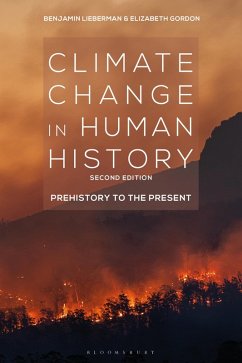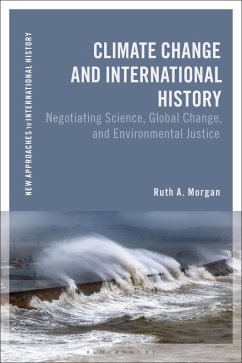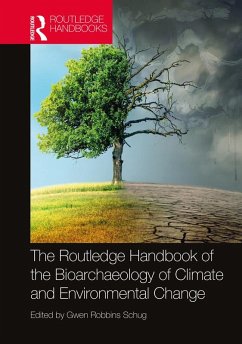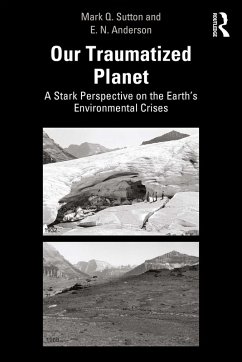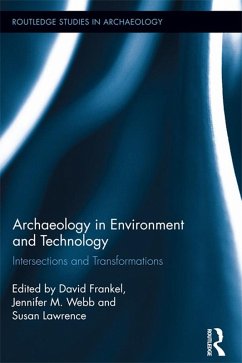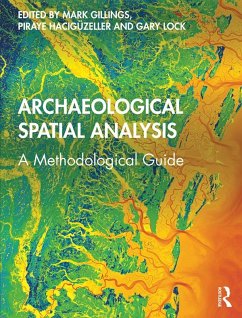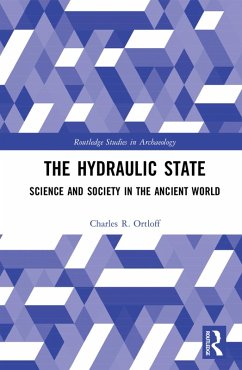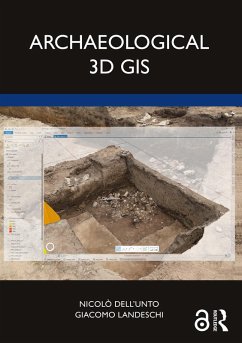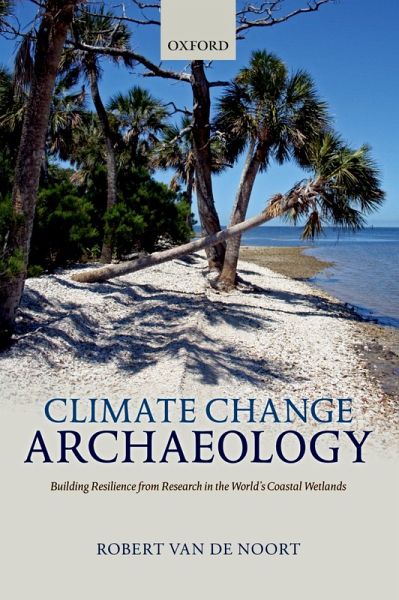
Climate Change Archaeology (eBook, PDF)
Building Resilience from Research in the World's Coastal Wetlands
Versandkostenfrei!
Sofort per Download lieferbar
51,95 €
inkl. MwSt.
Weitere Ausgaben:

PAYBACK Punkte
26 °P sammeln!
It is beyond doubt that the climate is changing, presenting us with one of the biggest challenges in the twenty-first-century. During the past 150 years, archaeologists have studied the impact of climate change on humanity; however, this information has not yet been used when considering the impact climate change will have on future human communities. This pioneering study addresses this major paradox in modern climate change research, and provides the theoretical basis for archaeological data to be included in climate change debates - an approach which uses archaeological research as a reposi...
It is beyond doubt that the climate is changing, presenting us with one of the biggest challenges in the twenty-first-century. During the past 150 years, archaeologists have studied the impact of climate change on humanity; however, this information has not yet been used when considering the impact climate change will have on future human communities. This pioneering study addresses this major paradox in modern climate change research, and provides the theoretical basis for archaeological data to be included in climate change debates - an approach which uses archaeological research as a repository of ideas and concepts which can help build the resilience of modern communities against the background of rapid climate change. Applying this approach to four case study areas, which will be among the first to be significantly affected by climate change - the coastal wetlands of the North Sea, the Sundarbans, Florida's Gulf Coast, and the Iraqi Marshland, this comparative study illustrates the diversity of adaptive pathways implemented in times of climate change in the past and how these can help prepare modern communities.
Dieser Download kann aus rechtlichen Gründen nur mit Rechnungsadresse in A, B, BG, CY, CZ, D, DK, EW, E, FIN, F, GR, HR, H, IRL, I, LT, L, LR, M, NL, PL, P, R, S, SLO, SK ausgeliefert werden.




